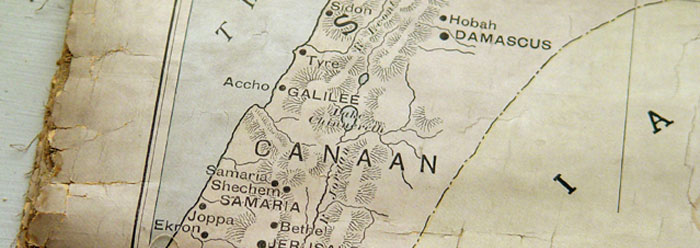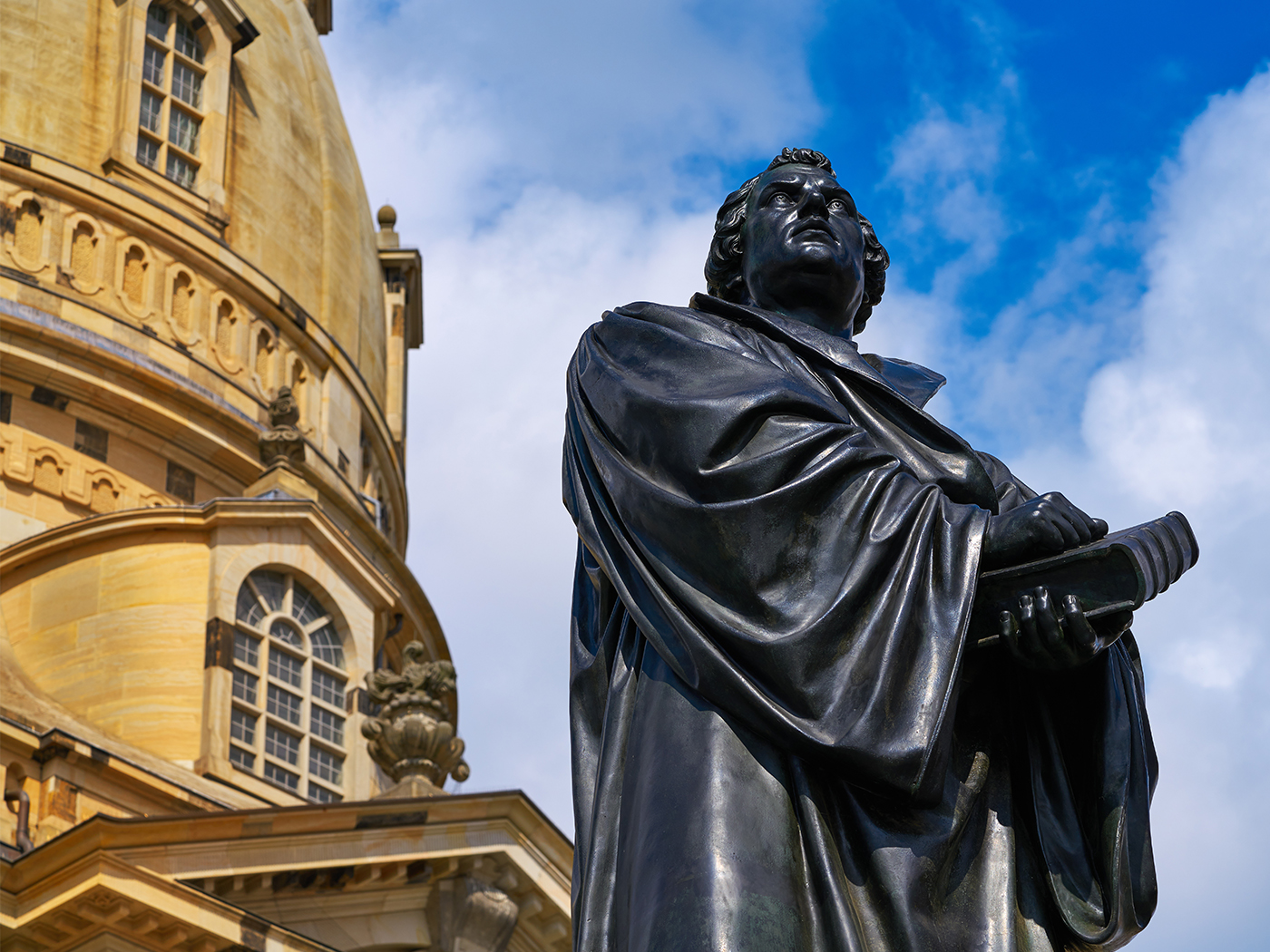Throughout the Old Testament, God often reminded His children to remember His mighty acts on their behalf. Sometimes visible memorials were set up to facilitate their recall, such as the pile of stones taken from the middle of the Jordan River when God held back the waters to allow them to enter the Promised Land (Joshua 4:6). This extraordinary event really happened, and God desired them to remember it forever. He based important commands on true events, not myths.
But there were two greater events in history that God most often used as an impetus to praise, faith, and trust. These He expressly wanted us to remember.
Commemoration of the Exodus was primarily intended for Israel, His chosen people. They had fallen into cruel slavery in Egypt, yet had been delivered and molded into a great nation. Often they were told: "Remember that thou wast a servant in the land of Egypt, and that the Lord thy God brought thee out thence through a mighty hand and by a stretched out arm" (Deuteronomy 5:15).
Unfortunately, many scholars today--even Israelis and evangelicals--deny this event actually took place. The seeming disharmony of biblical history with secular Egyptian chronology as established by archaeology causes most scholars to fully discount Scripture.
At a recent archaeological convention, Jewish lecturers taught that the nation of Israel has no recorded history. Attendees rightly asked, "If the Exodus isn't history, then who are we? What right do we have to exist?" God had told them to remember, but many have forgotten.
Here's the dilemma. If the Exodus and Israeli history are mythological, how can they be remembered? Only true events can be remembered. If God has based His commands on myth--which are not to be taken as literal truth--then evidently they are not to be obeyed either.
Even many evangelical seminary professors, to their shame and the detriment of the church, teach that the Exodus did not actually take place as Scripture records, that it was allegorical at best. Mainline denominations have long denied Israel's identity. Must literalists join them?
The second primary "remembrance" of Scripture involves creation. Inscribed in stone, the fourth commandment reads "Remember the sabbath day, to keep it holy…. For in six days the Lord made heaven and earth, the sea, and all that in them is, and rested the seventh day" (Exodus 20:8, 11). All of creation was commanded to set aside this day to remember. Yet as a people and church we have forgotten, in direct disobedience to the Creator's command.
As with the Exodus, most Christian leaders today do not believe creation took place as Scripture records, and feel that they must twist or supplement or ignore the plain sense of revealed history. Most leading evangelical seminaries today teach The Framework Hypothesis, which holds that Genesis only vaguely implies God's involvement and contains no true history. Such teachers cannot rightly obey the fourth commandment for they consider the creation account to be merely figurative, and you can't "remember" an indefinite event.
The time has come for Christian leaders to "remember" that they serve a God of truth Who acted in true history, and not a mythological god of fantasy.
*Dr. Morris is President of the Institute for Creation Research.
Cite this article: Morris, J. 2007. Biblical Myths? Acts & Facts. 36 (9): 14.






















